Learn about Winston Churchill’s leadership in the UK
Winston Churchill remains an iconic figure in history, best known for his indomitable spirit and leadership during some of the UK’s darkest hours. The legendary British statesman, who served as Prime Minister during World War II, transformed the course of history with his steadfast resolve and inspirational speeches.
His legacy continues to influence leaders worldwide, offering lessons in courage, resilience, and diplomacy. Let’s explore the journey and leadership qualities that made Churchill a towering figure in global history.
Early Life: The Making of a Leader
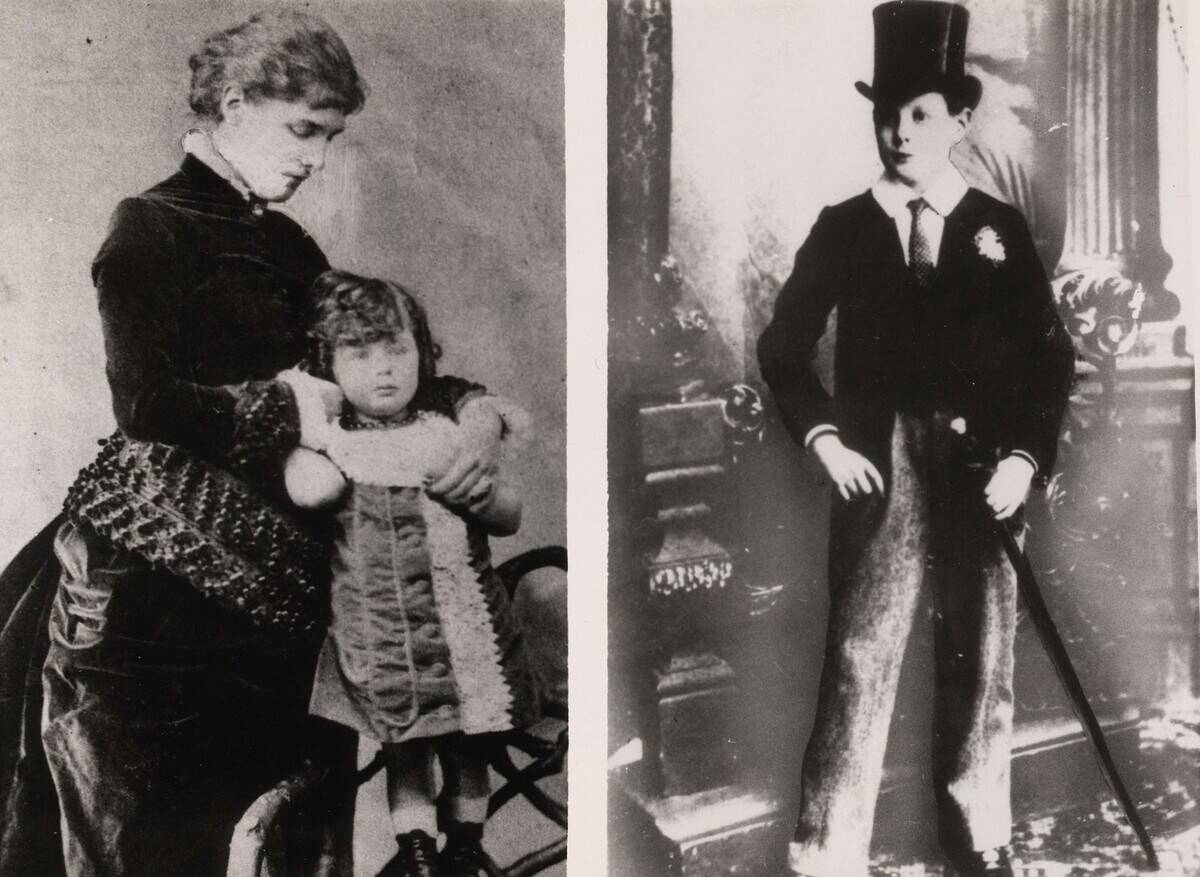
Born on November 30, 1874, in Blenheim Palace, Oxfordshire, Winston Churchill was destined for greatness. The son of Lord Randolph Churchill and Jennie Jerome, an American socialite, young Winston had a privileged yet challenging upbringing.
His early education at St. George’s School in Ascot was marked by underperformance in academics, but he saw improvements by the time he transferred to Brunswick School and then Harrow School. Although he was unsuccessful in his first two applications to the Royal Military College in Sandhurst, the third time was the charm.
Churchill’s Political Rise: A Journey Through Parliament
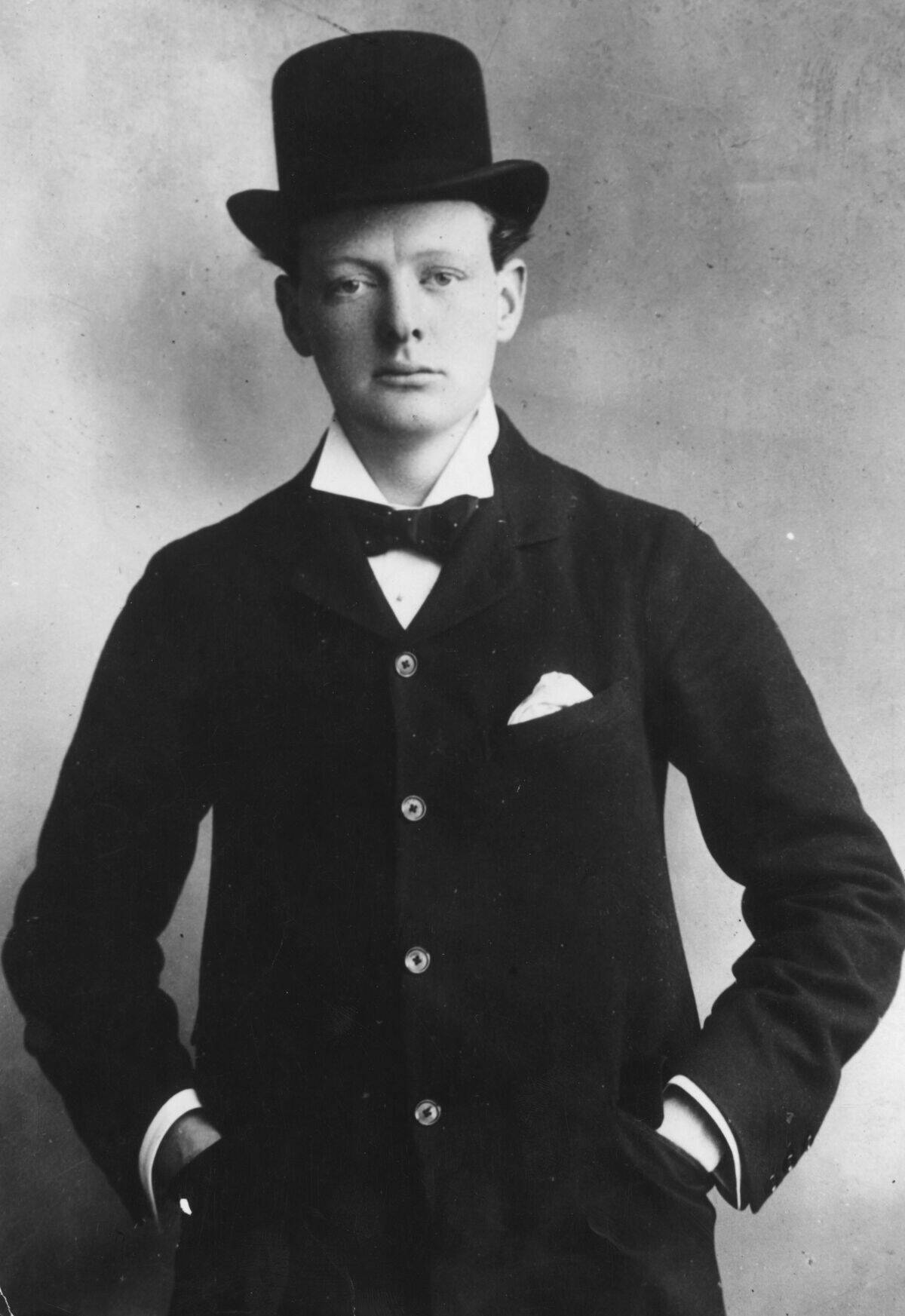
Churchill embarked on his political career in 1900, winning a seat in Parliament as a member of the Conservative Party. However, his early political journey was marked by party shifts, reflecting his complex views on policies.
In 1904, he joined the Liberal Party, advocating for social reforms and free trade. His tenure as Home Secretary and First Lord of the Admiralty showcased his growing influence and set the stage for his leadership during global conflicts.
First Term as Prime Minister: Navigating Pre-War Challenges
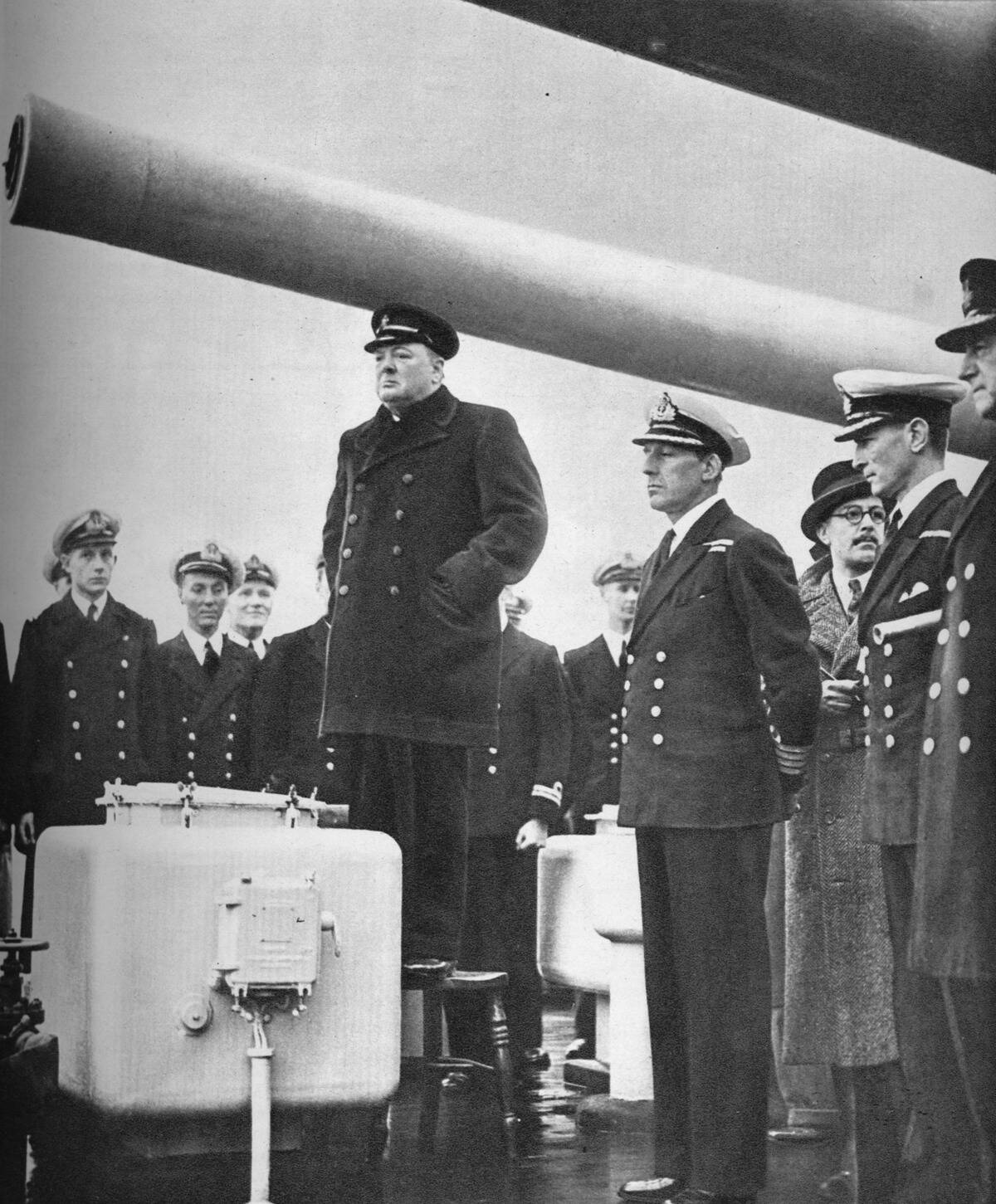
Churchill’s first term as Prime Minister began in 1940, a period fraught with uncertainty as Europe teetered on the brink of war. Faced with the daunting task of preparing Britain for the war that had already been declared between them and Germany, he focused on strengthening the nation’s military capabilities.
His foresight and determination ensured that the UK was better positioned to withstand the challenges ahead. Churchill’s leadership during this time was instrumental in rallying the nation and boosting morale.
World War II: The Call to Leadership
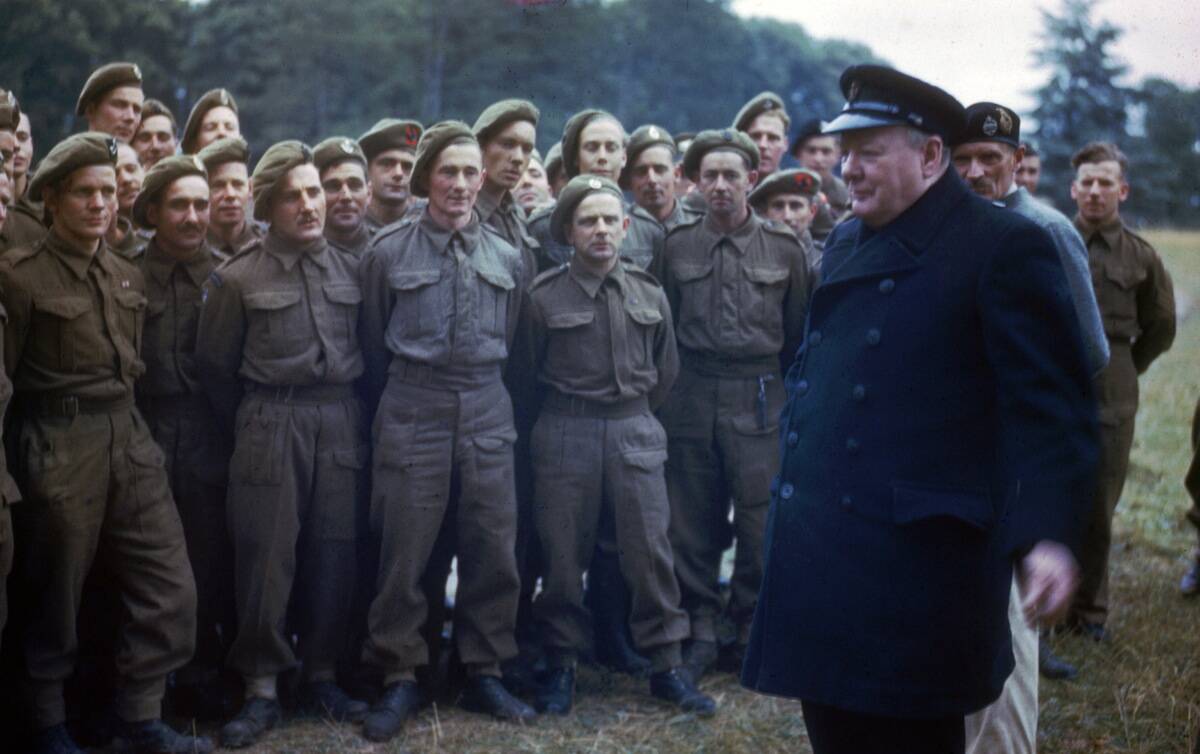
World War II was a defining moment in Churchill’s career, as he led Britain with unparalleled resolve. His ability to inspire confidence and unity among the British people played a crucial role in sustaining the war effort.
Known for his strategic acumen, Churchill worked tirelessly to coordinate military campaigns and secure vital resources. His unwavering commitment to victory galvanized the Allied forces and laid the groundwork for eventual success against the Axis powers.
The Power of Oratory: Churchill’s Inspiring Speeches
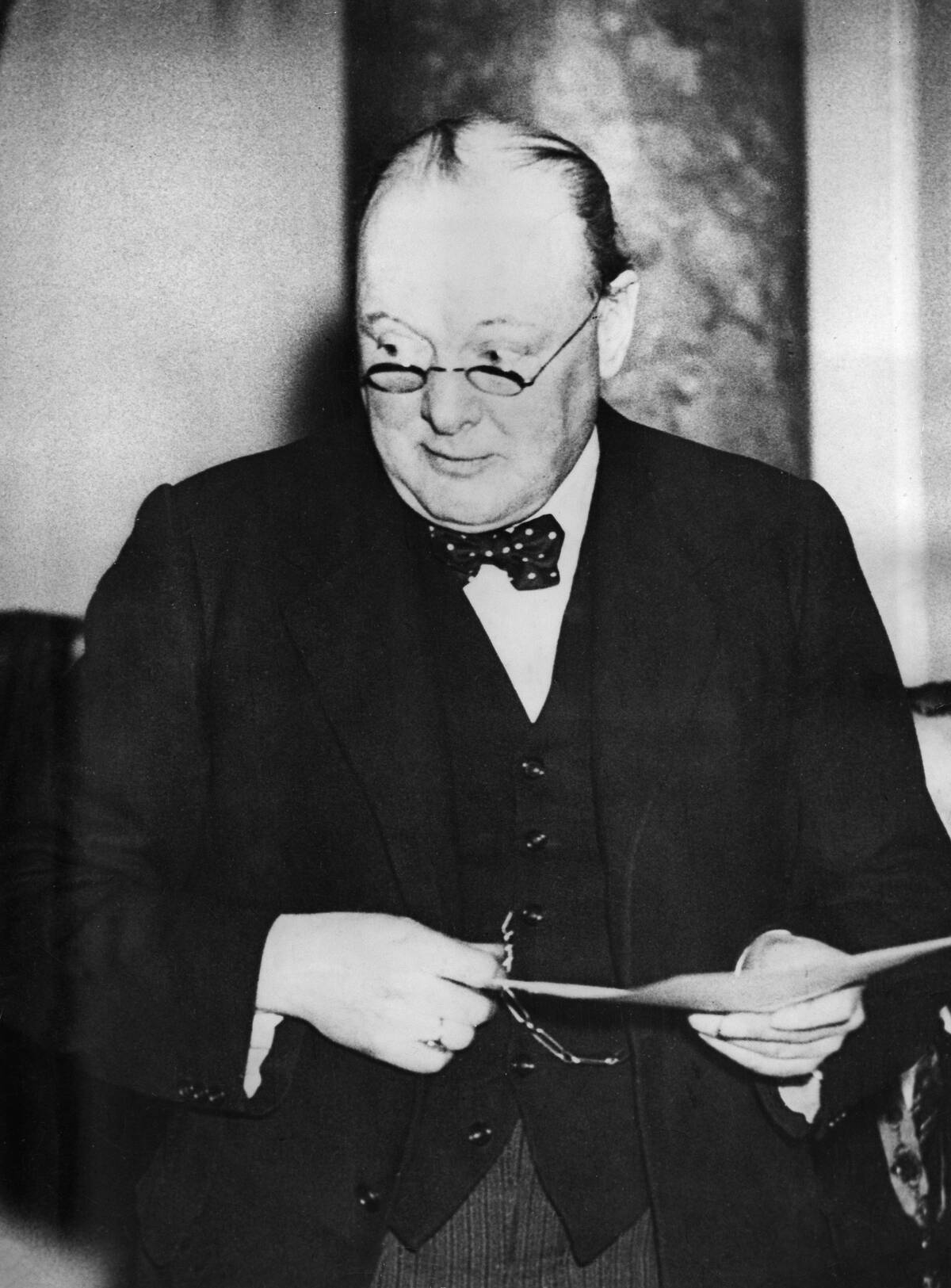
Churchill was a masterful orator, known for his powerful speeches that inspired hope and resilience. His famous address, ‘We shall fight on the beaches,’ delivered in 1940, epitomized his ability to uplift the nation during its darkest hours.
Through carefully crafted rhetoric, he communicated strength and determination, reinforcing the belief that victory was achievable. Churchill’s speeches remain a testament to the power of words in shaping history and bolstering national spirit.
Strategic Mastermind: Churchill’s Military Decisions
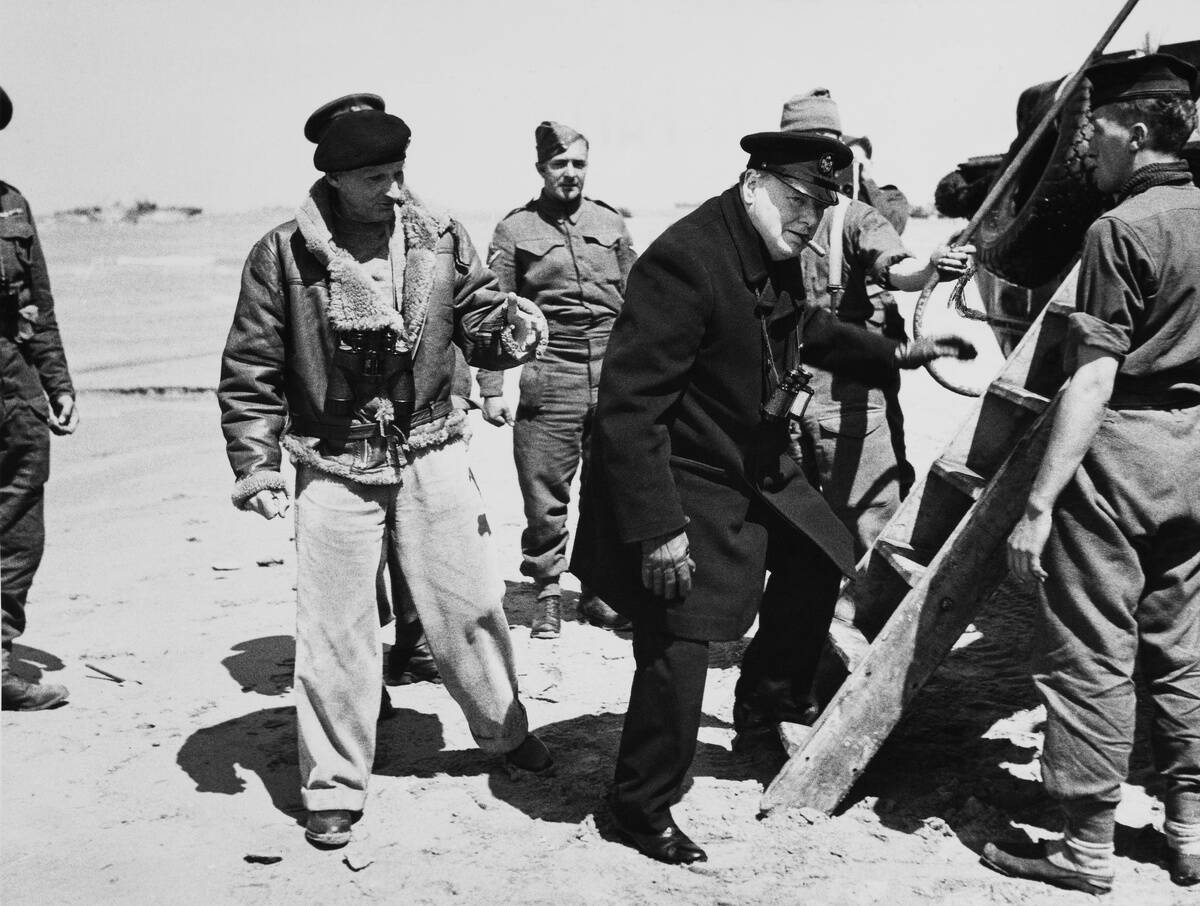
Churchill’s military strategies were pivotal in altering the course of World War II. He played a key role in pivotal operations such as the D-Day invasion, which marked the turning point of the war in Europe.
However, he was initially reluctant to attack Normandy, believing Italy would be an easier entry point into the liberation of Europe. Once that was found not to be the case, however, he threw himself into the planning of Operation Overlord despite his lingering misgivings.
The Blitz: Leading Britain Through Adversity
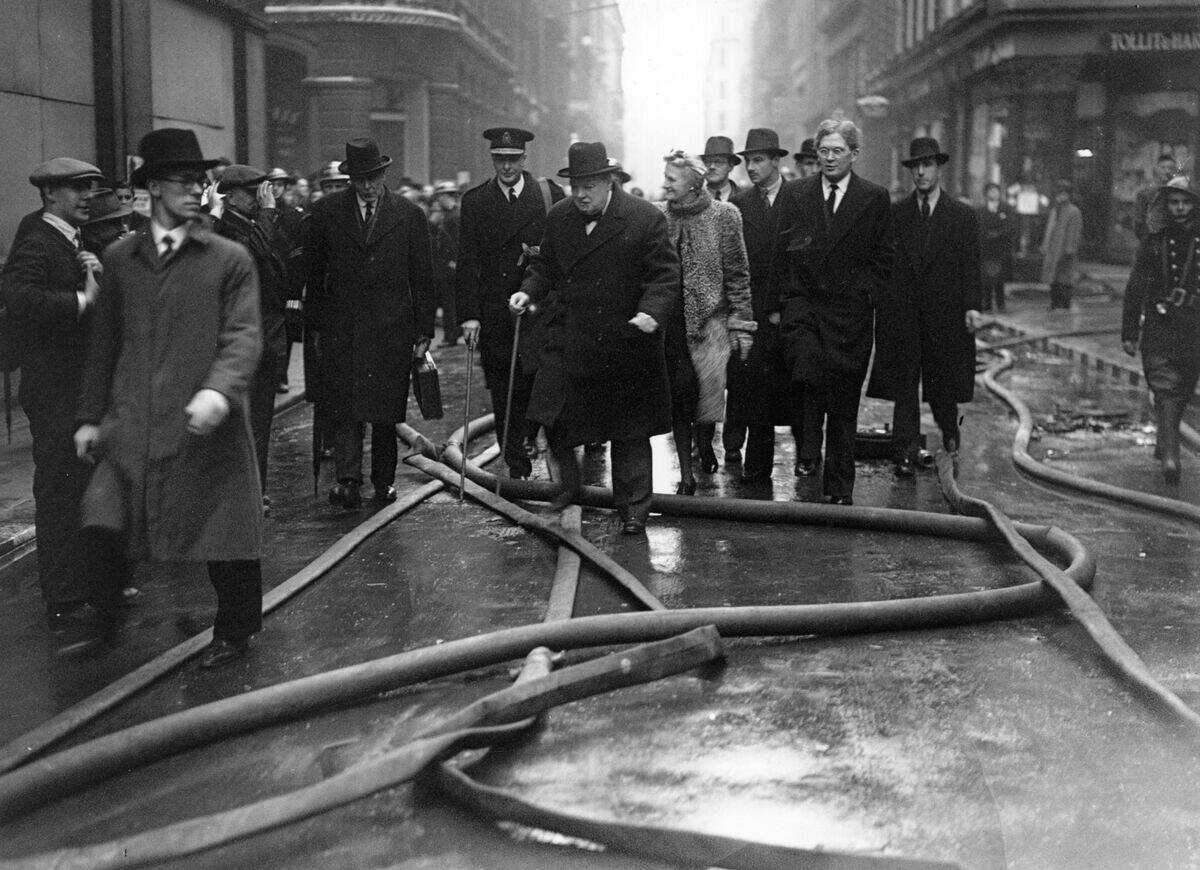
During the Blitz, a relentless aerial campaign by Nazi Germany, Churchill’s leadership shone through. His visits to bombed areas and direct communication with the public provided much-needed reassurance.
He famously stated, ”On every side there is the cry, ‘We can take it,’ but with it there is also ‘give it ’em back,'” encapsulating the British spirit of perseverance. Churchill’s ability to maintain morale and encourage resilience was critical in helping the nation endure the sustained assaults and emerge stronger in its resolve to fight on.
Wartime Allies: Building International Partnerships
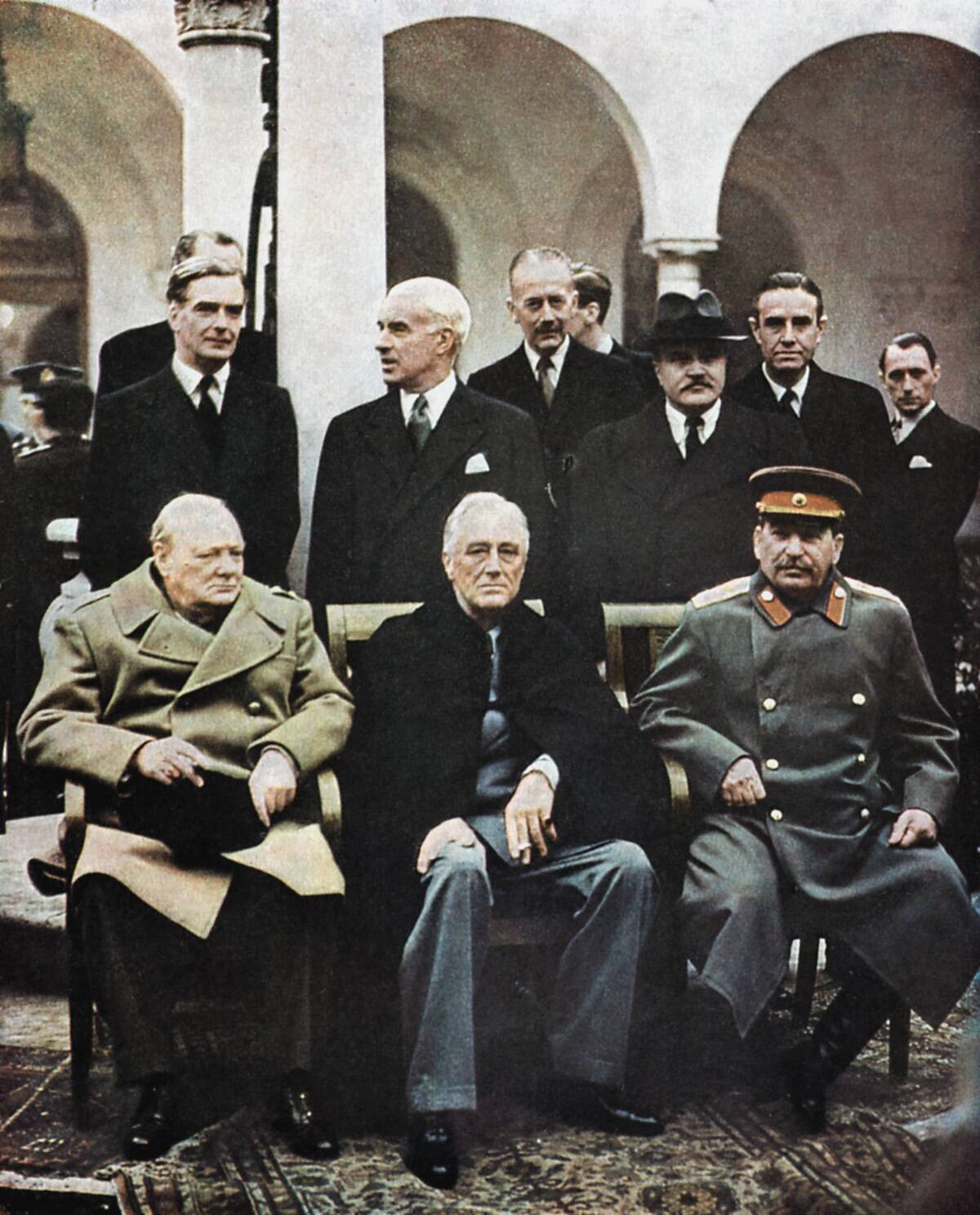
Churchill understood the importance of forging strong alliances to win the war. His relationship with U.S. President Franklin D. Roosevelt and Soviet leader Joseph Stalin was crucial in forming the Grand Alliance.
Through diplomacy and strategic negotiations, Churchill helped coordinate efforts among the Allies, ensuring collaboration on military strategies and resource allocation. His ability to navigate complex international relations was a key factor in the eventual defeat of the Axis powers.
The Iron Curtain: Churchill’s Vision for Post-War Europe
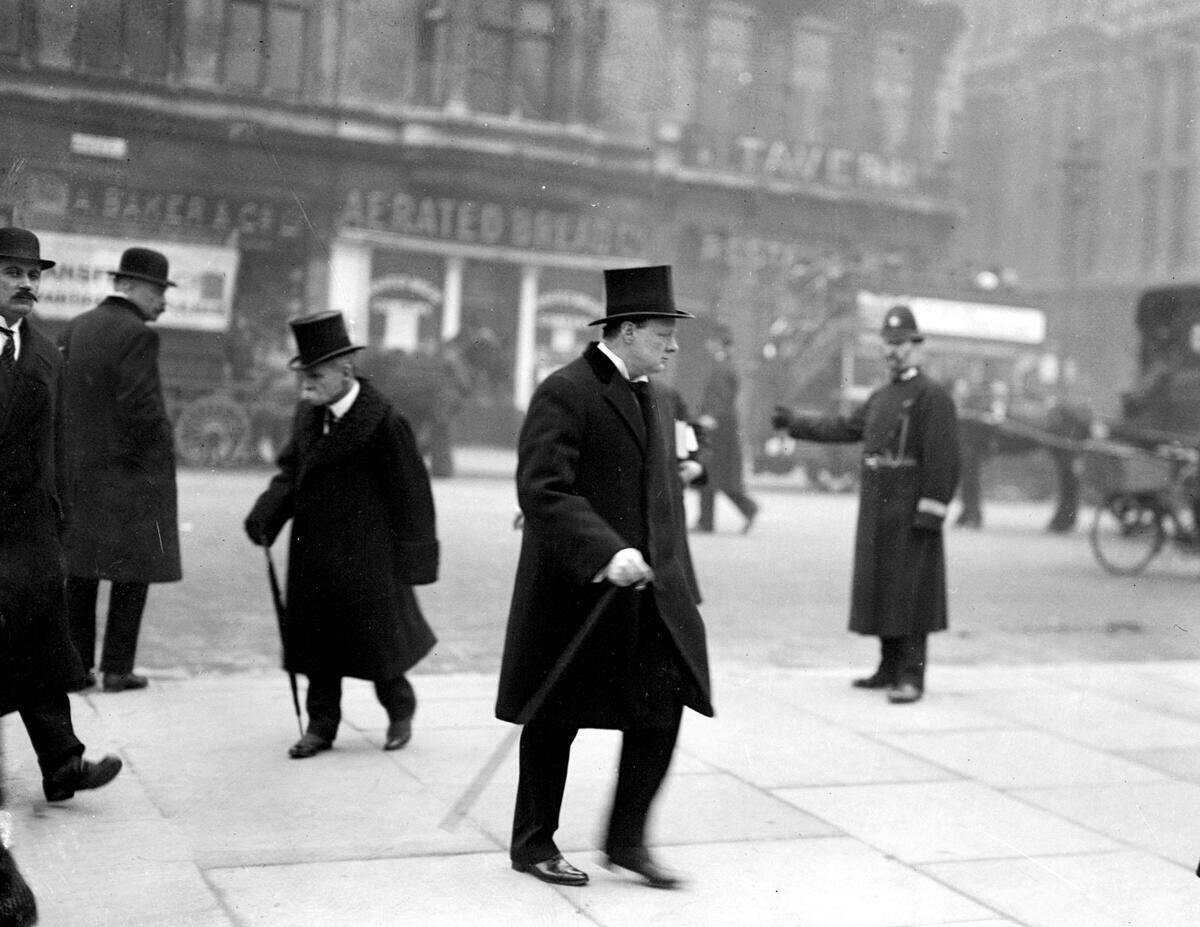
In 1946, Churchill delivered his famous “Iron Curtain” speech, highlighting the growing divide between the Eastern Bloc and Western democracies. His foresight in recognizing the challenges of Soviet expansionism laid the groundwork for the Cold War era, as he urged greater collaboration between Britain and the United States.
Churchill advocated for a united Europe to maintain peace and stability, emphasizing the need for cooperation among nations. His vision for post-war Europe underscored the importance of collective security and the dangers of ideological divides.
The Role of Humor: Lightening the Burden of Leadership
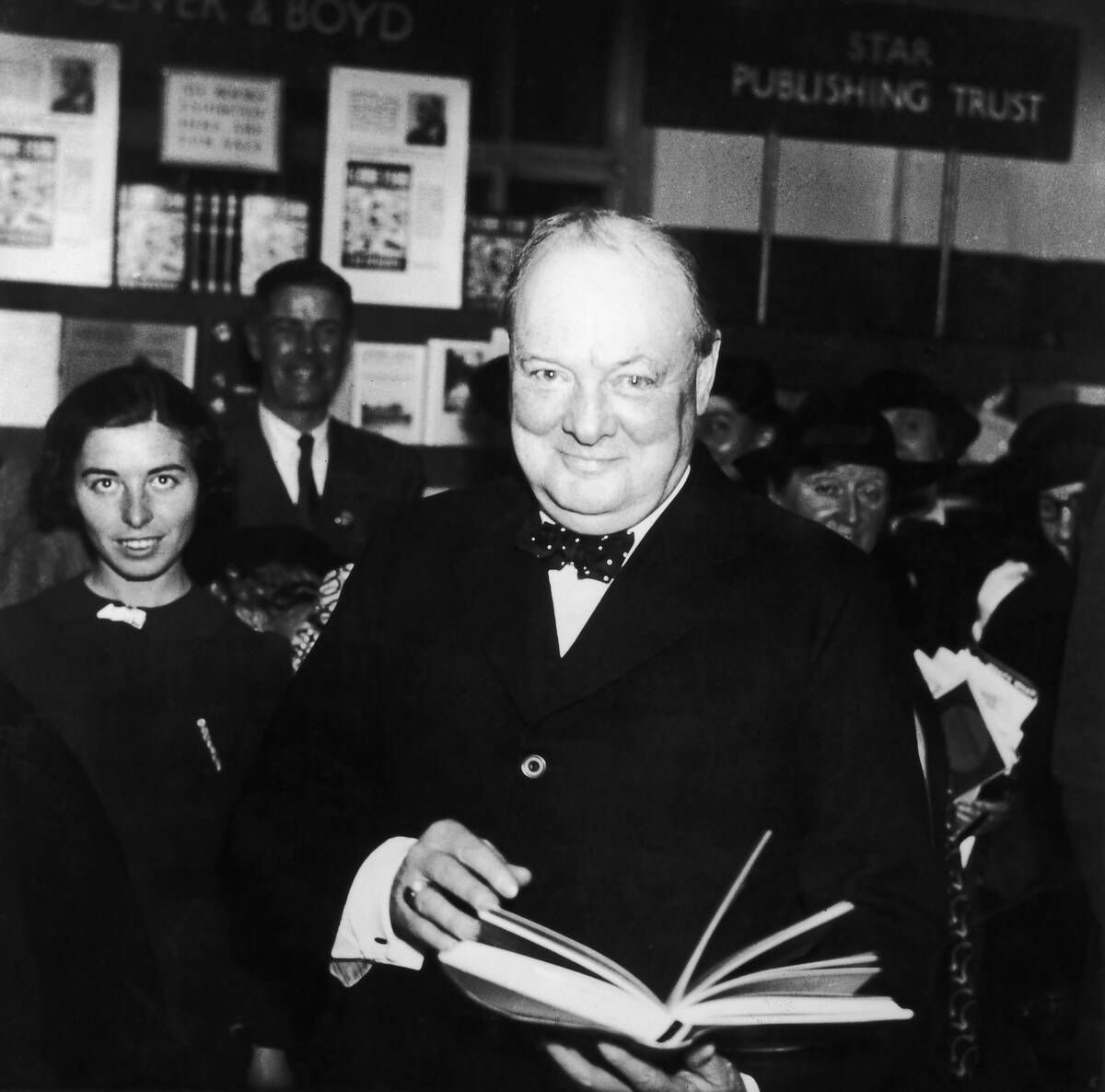
Churchill’s wit and humor were integral to his leadership style, often helping to ease tense situations. Known for his quick comebacks and clever remarks, he used humor to connect with people and defuse conflicts.
His famous retort, ‘I am prepared to meet my Maker. Whether my Maker is prepared for the great ordeal of meeting me is another matter,’ exemplifies his playful yet poignant approach. Churchill’s humor endeared him to many and lightened the burdens of leadership.
The Influence of Churchill’s Personal Life on His Leadership
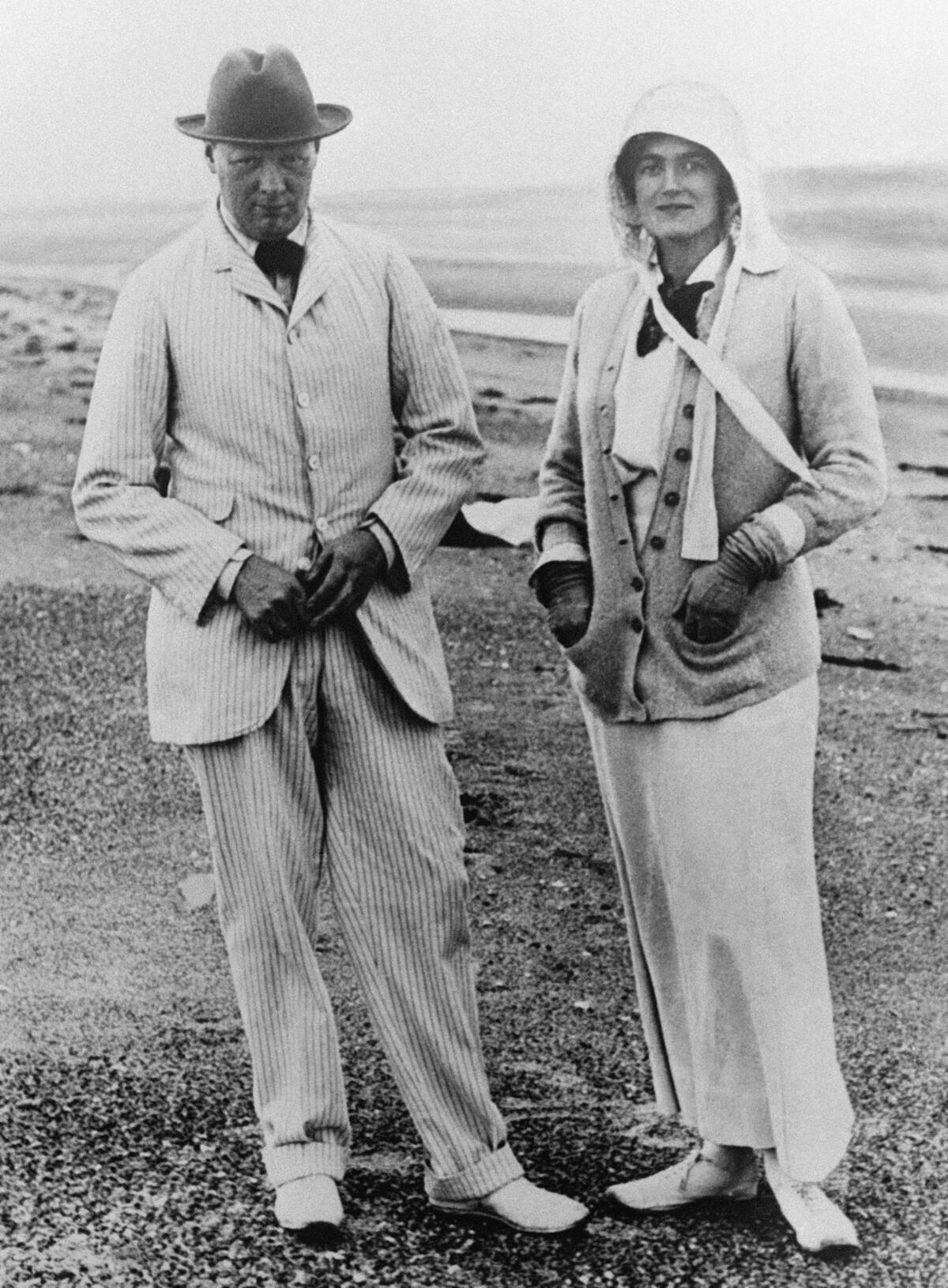
Churchill’s personal experiences profoundly influenced his leadership style and decisions. His love for history and literature shaped his worldview and strategic thinking. Despite facing personal adversities, including financial struggles and health issues, Churchill’s resilience was unwavering.
His family life, particularly his relationship with his wife, Clementine, provided emotional support and encouragement. These personal elements contributed to Churchill’s ability to lead with empathy and determination.
Resilience and Determination: Overcoming Setbacks
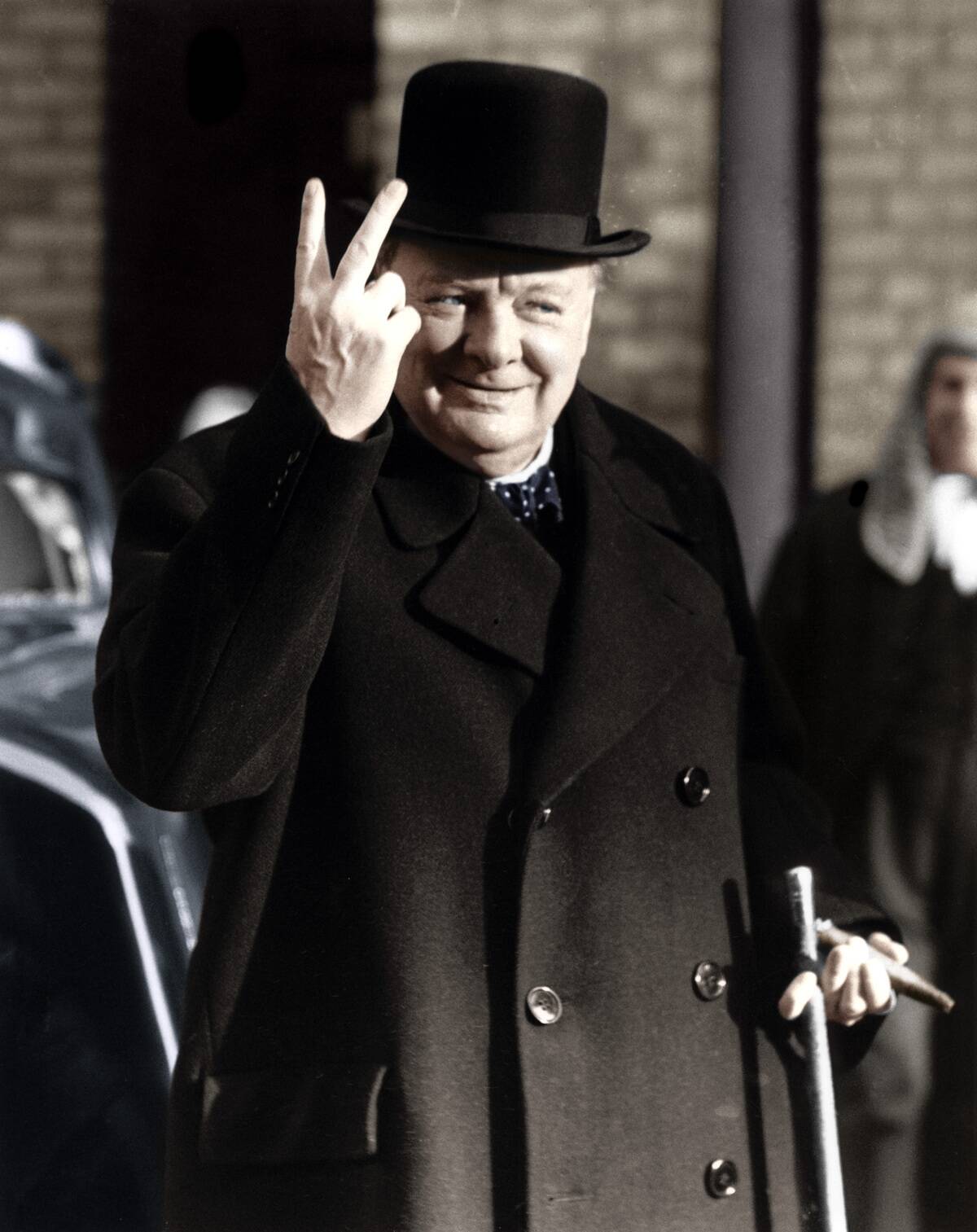
Throughout his career, Churchill encountered numerous setbacks, yet his resilience never faltered. His political life was marked by highs and lows, including losing elections, military missteps during World War I (particularly Gallipoli), and facing public criticism.
However, his determination to serve the nation and belief in his vision kept him steadfast. Churchill’s tenacity was a defining trait, enabling him to bounce back from failures and continue fighting for his ideals. His perseverance remains a source of inspiration for leaders facing challenges today.
The Legacy of Churchill’s Leadership: Lasting Impact on the UK
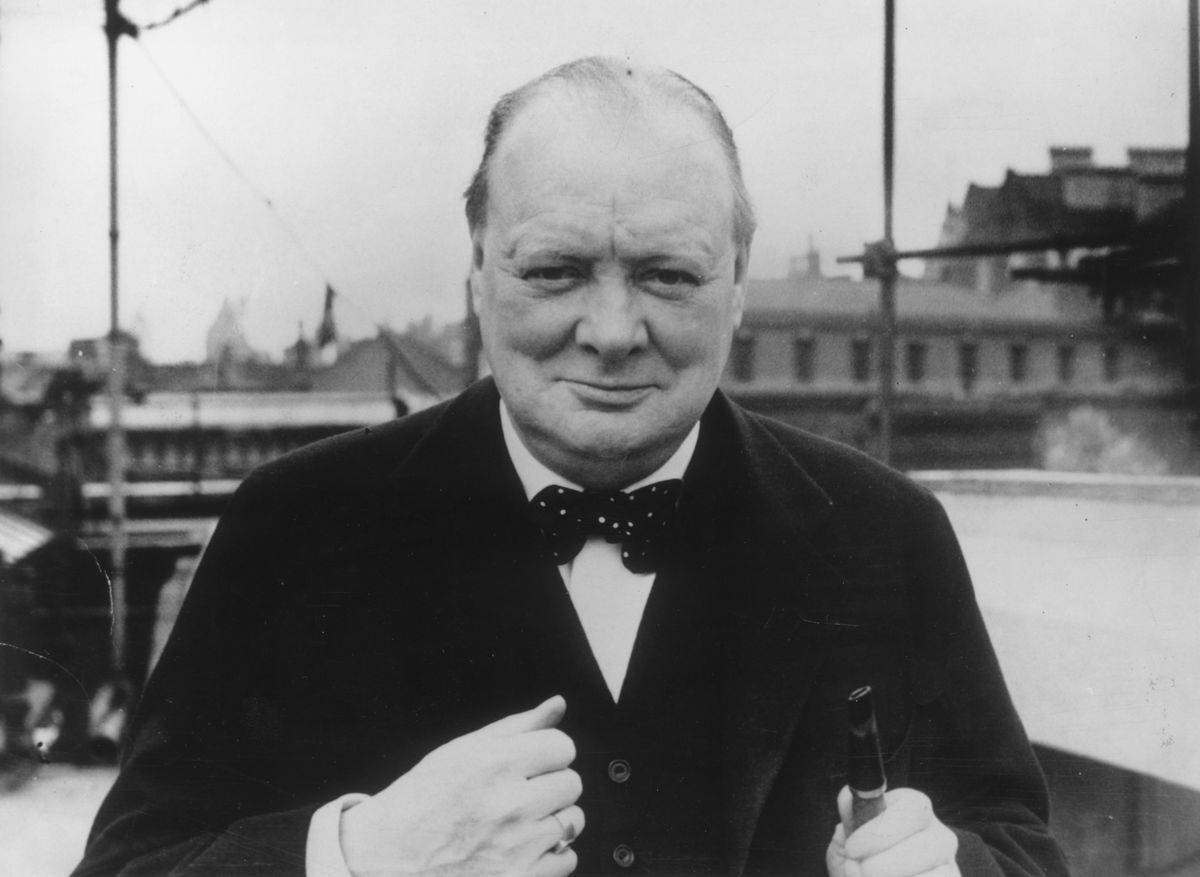
Winston Churchill’s legacy extends far beyond his wartime leadership. His contributions to the UK include strengthening the nation’s global standing and advocating for democratic values. Post-war, he played a vital role in the reconstruction efforts and the establishment of international organizations like the United Nations.
Churchill’s impact on British society is reflected in his enduring influence on political thought and leadership. His life and career continue to inspire generations to uphold principles of courage and resilience.



